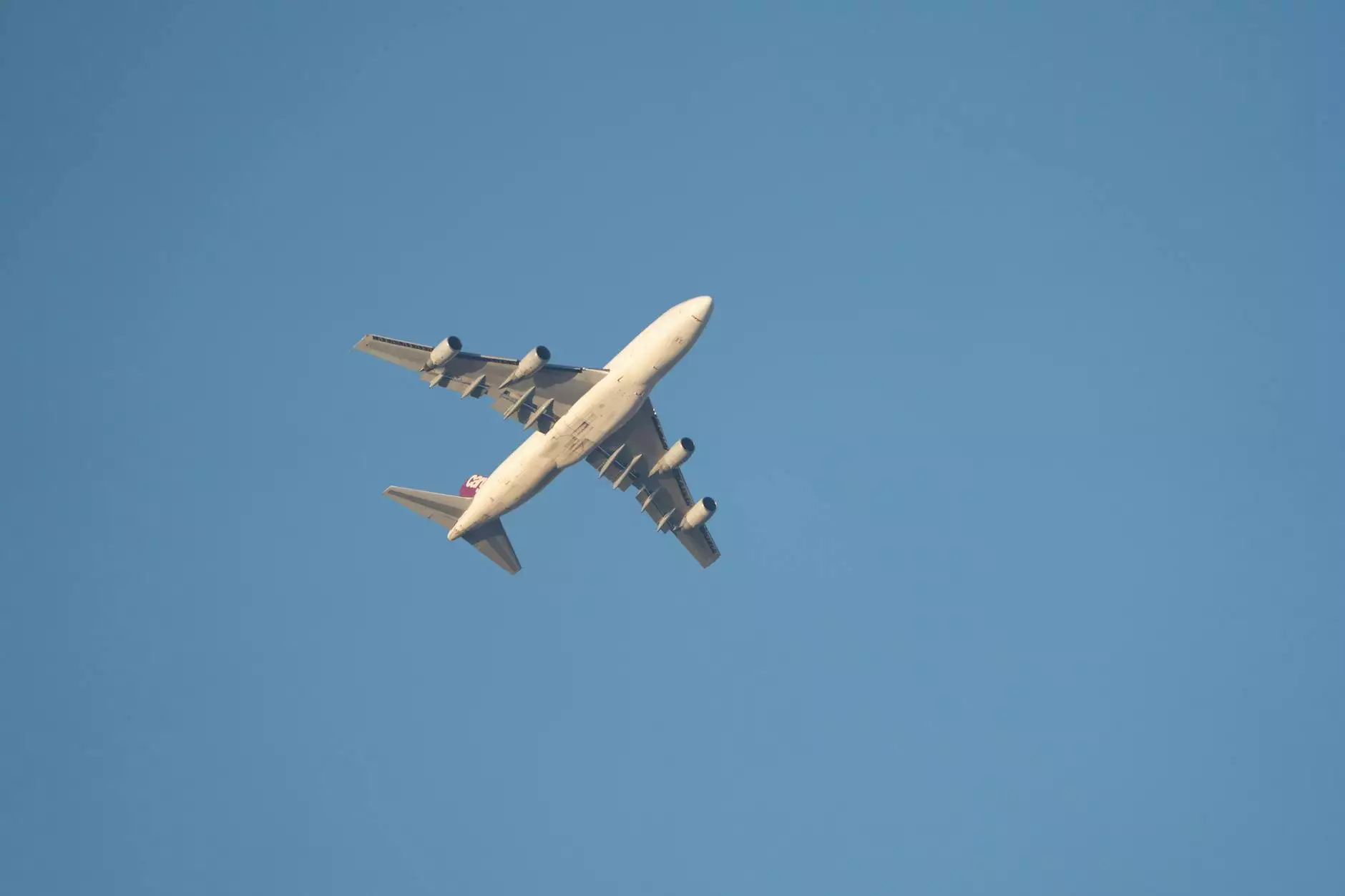Unlocking the Secrets of Airline Quotes and Business Success

In today's fast-paced world, businesses are challenged to optimize their operations and reduce costs while maximizing efficiency. One vital aspect that can make a significant difference in the logistics and transportation industry is understanding airline quotes. This article delves into the importance of airline quotes for your business, how they can enhance your operational strategies, and the impact on shipping centers, transportation, and airports.
Understanding Airline Quotes
Airline quotes refer to the pricing information provided by airlines for cargo shipments. These quotes are essential for businesses that rely on air freight services to transport their goods. Knowing how to interpret and utilize these quotes effectively can lead to substantial cost savings and enhanced logistical efficiency.
What Do Airline Quotes Include?
Typically, airline quotes encompass several key components:
- Base Rates: This is the starting price that an airline charges for transporting goods from one point to another.
- Fuel Surcharges: Due to fluctuating fuel prices, airlines often add a surcharge to transport quotes to cover these costs.
- Handling Fees: Airports and airlines may charge handling fees, especially for special cargo or heavy shipments.
- Insurance Costs: To safeguard your cargo, it's wise to consider insurance, which is often included in the quote.
- Delivery Charges: This includes the costs associated with delivering the cargo from the airport to the final destination.
The Importance of Accurate Airline Quotes
In the competitive landscape of shipping and logistics, obtaining accurate airline quotes is critical. Here's why:
Cost Management
By carefully analyzing airline quotes, businesses can identify the most cost-effective options for shipping. This approach allows for better budget management and can significantly impact the overall profitability of the organization.
Timely Decision Making
Accurate quotes enable quicker decision-making regarding shipments. When you have the right information at your fingertips, you can make prompt choices that align with your operational needs.
Negotiation Leverage
With a thorough understanding of the market rates and options available, businesses can negotiate better terms with airlines. This negotiation power can lead to enhanced relationships and potential discounts on future shipments.
How to Request and Compare Airline Quotes
Requesting and comparing airline quotes requires a strategic approach:
1. Provide Detailed Shipment Information
When reaching out for quotes, be sure to include:
- Dimensions and weight of the shipment.
- Origin and destination airports.
- Desired shipping dates and times.
- Special handling needs (if any).
2. Use Multiple Sources
Don't limit yourself to one airline. Request quotes from multiple carriers to get a better understanding of the market rate. Websites like Cargobooking.aero can streamline this process, allowing you to compare various options efficiently.
3. Evaluate the Quotes
When you receive the quotes, assess them not just by the base rate. Consider the total cost, which includes fuel surcharges, handling fees, and other associated charges. This holistic view will lead to better comparisons.
Innovations in Airline Pricing Models
The logistics industry is continually evolving, and so are the pricing models used by airlines. Here are some notable trends:
Dynamic Pricing
Many airlines are adopting dynamic pricing strategies based on demand and supply metrics. This means prices may fluctuate based on various factors, including seasonality and market trends.
Freight Forwarder Collaboration
Some airlines are partnering with freight forwarders to offer comprehensive packages that might include customs clearance and door-to-door service, all highlighted in their airline quotes.
Case Study: Impact of Effective Airline Quotes
To illustrate the significance of leveraging well-structured airline quotes, let’s consider a hypothetical case study:
Company A: A Furniture Manufacturer
Company A, a manufacturer of high-end furniture, primarily relies on air freight to ship products to global markets. They implemented a new strategy focusing on obtaining competitive airline quotes regularly. Here’s how it transformed their operations:
- Reduced Shipping Costs: By sourcing multiple quotes and negotiating better rates, they reduced their shipping costs by 20%.
- Enhanced Delivery Times: With accurate quotes, they could choose faster shipping options, improving customer satisfaction.
- Increased Flexibility: Company A was able to adapt quickly to market changes, making them more competitive.
- Stronger Relationships: By consistently communicating with airlines and providing feedback, they built long-term partnerships that benefitted both parties.
Challenges in Obtaining Accurate Airline Quotes
While the benefits are significant, there are challenges in obtaining precise airline quotes:
Market Volatility
Fluctuations in fuel prices and economic conditions can affect airline pricing models, making it difficult to guarantee stable rates over time.
Complex Cargo Regulations
Certain commodities have specific regulatory requirements that can complicate the quoting process. Ensuring compliance may affect lead times and overall costs.
Dependence on Technology
As the industry embraces more technology, businesses that do not keep up may struggle to receive competitive quotes, emphasizing the need for continuous learning and adaptation.
Best Practices for Managing Airline Quotes
To overcome these challenges and leverage airline quotes, businesses should consider implementing best practices:
1. Continual Market Research
Stay informed about market trends and airline pricing strategies. Industry publications and online resources like Cargobooking.aero provide valuable insights.
2. Technology Integration
Utilize freight management software to streamline the quoting process. These tools can automate request submissions and facilitate comparisons effectively.
3. Build Strong Relationships
Develop ongoing relationships with airline representatives. Understanding their operations and constraints allows for better negotiations and personalized service.
The Future of Airline Quotes in Business
As businesses continue to navigate the complexities of global shipping, the reliance on accurate airline quotes will only grow. Innovations such as artificial intelligence and blockchain technology are poised to transform how quotes are generated, delivered, and analyzed.
Adapting to these changes early can position your business as a leader in the shipping and logistics sector, ready to seize competitive advantages that come your way.
Conclusion
In conclusion, airline quotes are more than just numbers; they represent opportunities for cost savings, improved efficiency, and enhanced customer satisfaction. For businesses involved in transportation, shipping centers, and airports, mastering the art of interpreting and utilizing these quotes is essential for success. Leveraging innovative practices and staying ahead of industry trends will ensure that your business remains competitive in a rapidly changing market.
Call to Action
If you want to unlock the full potential of airline quotes for your business, start exploring the resources available at Cargobooking.aero. Equip yourself with the information that drives success in the logistics industry.
airline quotes








